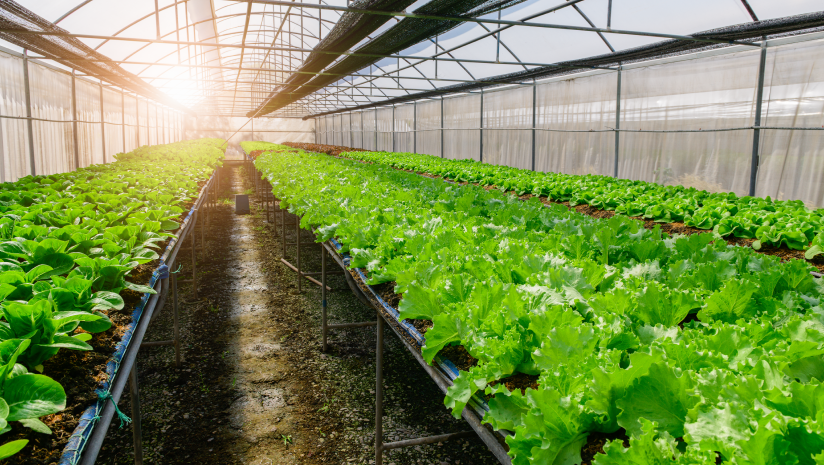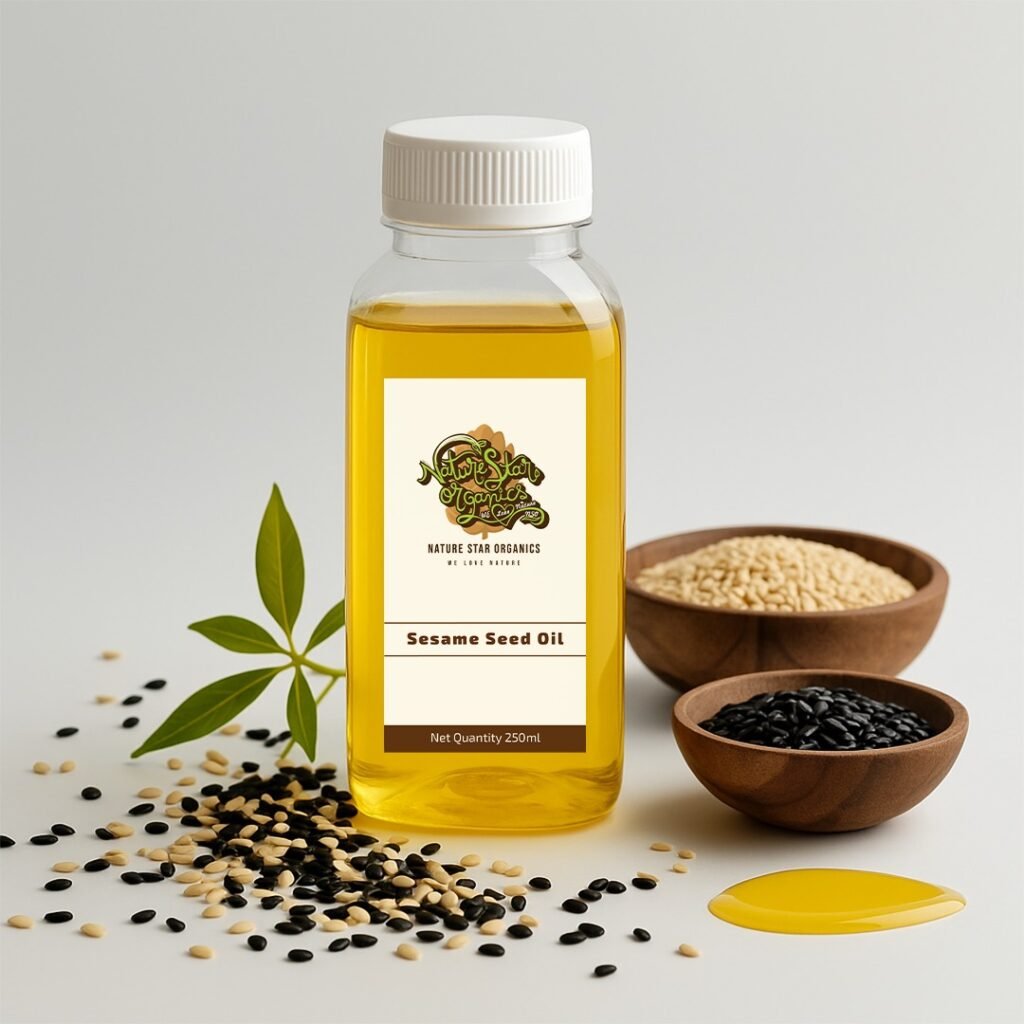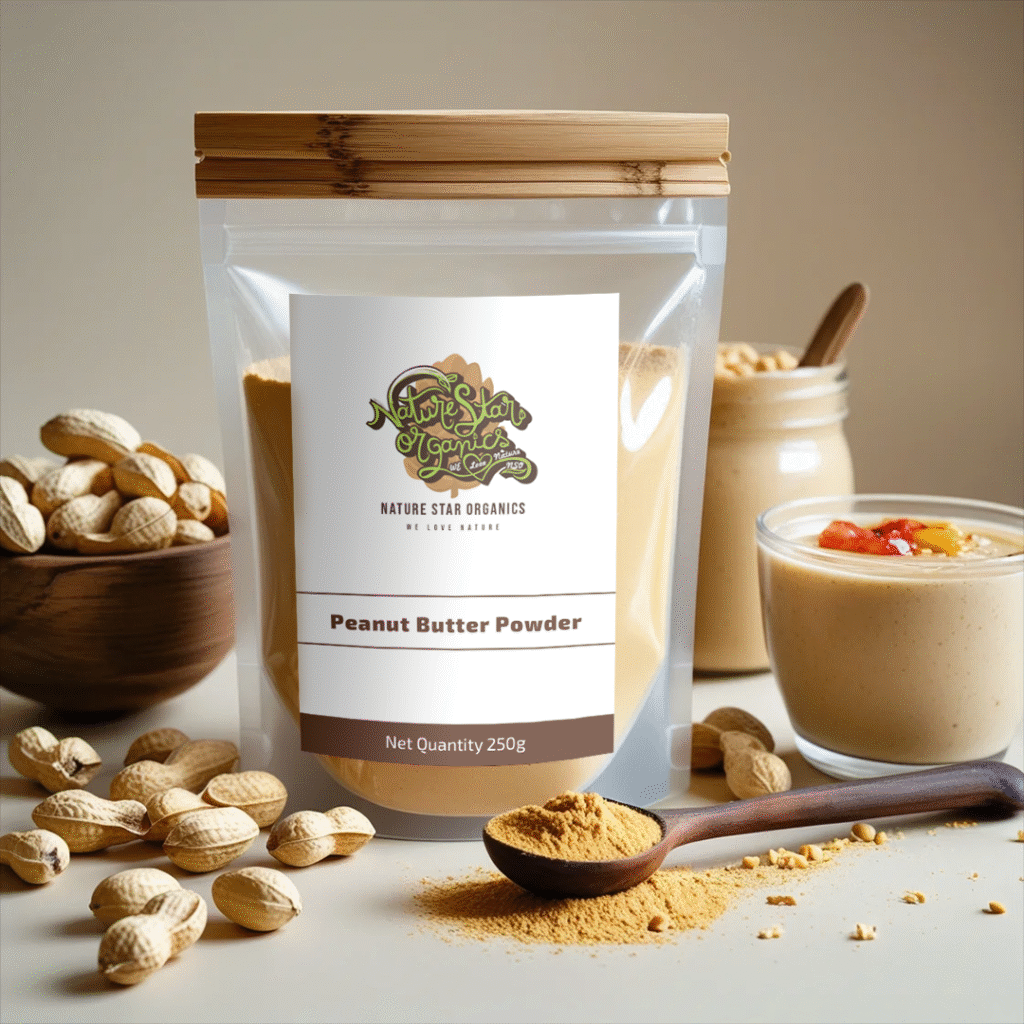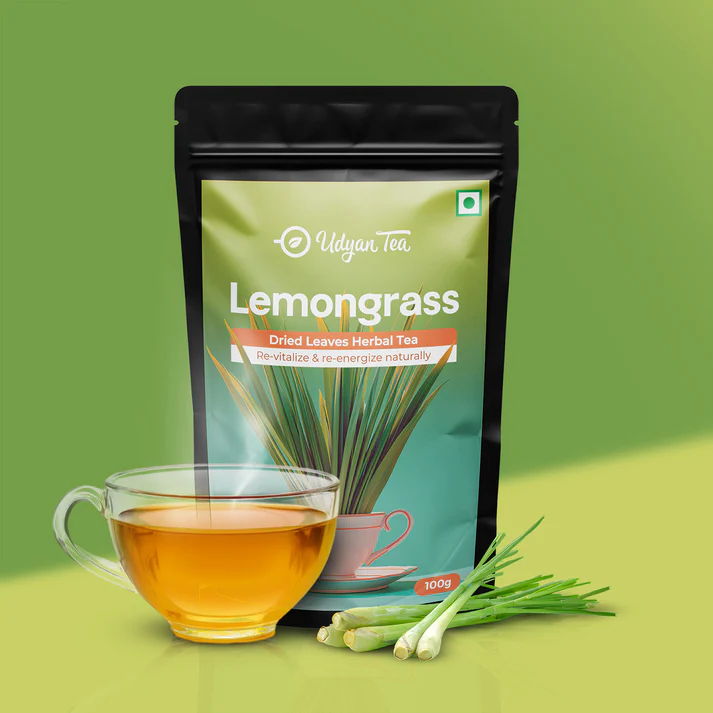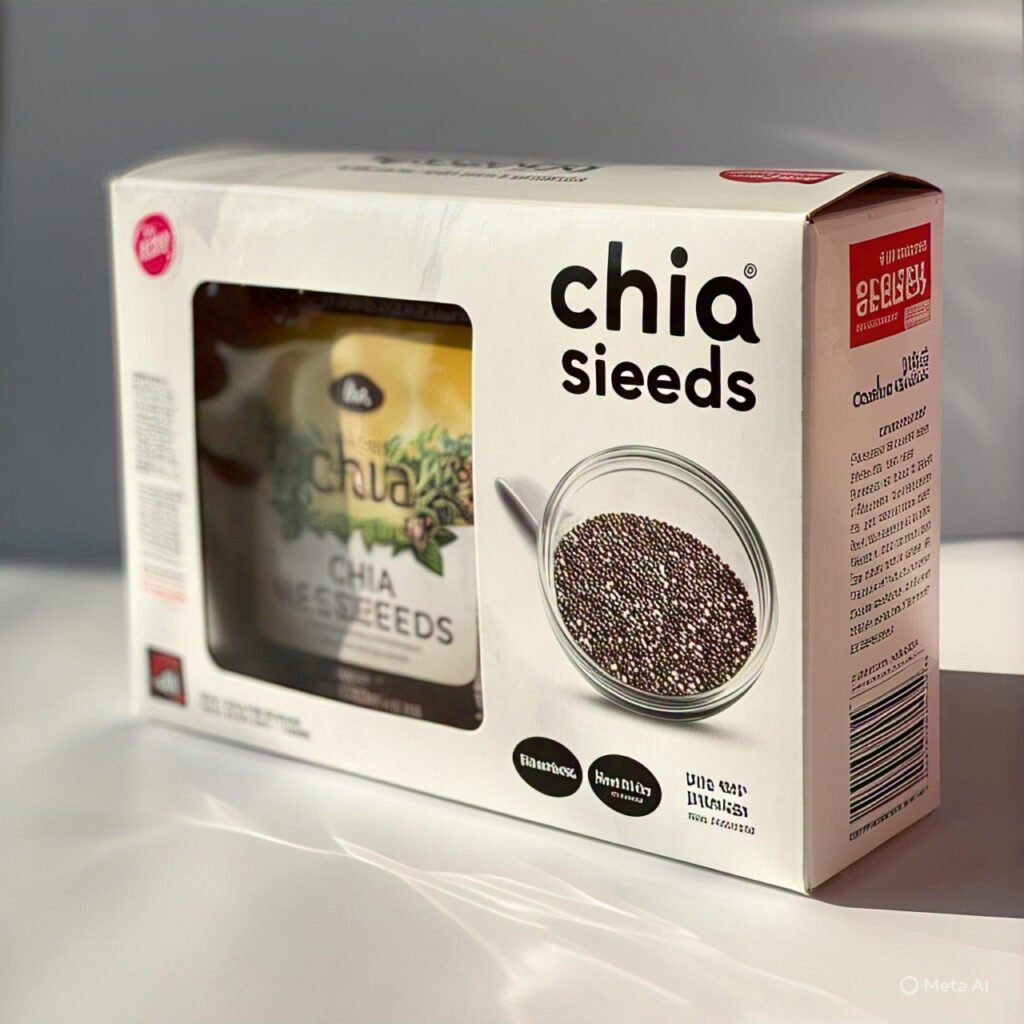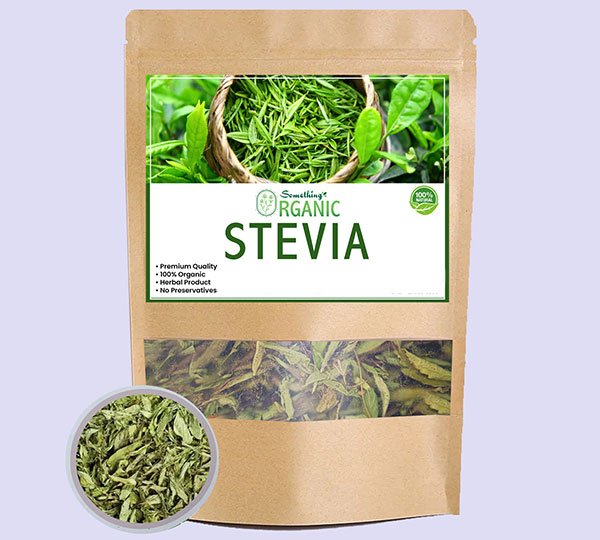Easy Organic Swaps to Make in Your Everyday Meals
In a world where health and sustainability are top priorities, more people are turning to easy organic swaps in their everyday meals. Switching to organic doesn’t mean a complete overhaul of your pantry—it starts with small, conscious decisions. Whether you’re looking to cut down on additives or reduce your exposure to pesticides, these organic alternatives can transform the way you eat without sacrificing taste or convenience.
Why Go Organic?
Before we dive into the swaps, let’s quickly understand why organic matters. Organic foods are grown without synthetic fertilizers, genetically modified organisms (GMOs), or harmful pesticides. They’re richer in nutrients, better for the planet, and often fresher since they’re produced in smaller batches. Plus, when you choose organic, you’re supporting sustainable farming practices that protect both human health and the environment.
1. Swap Conventional Milk for Organic Plant-Based or Grass-Fed Milk
Conventional dairy often contains traces of hormones and antibiotics. Choosing organic milk—especially from grass-fed cows—ensures you’re drinking something free from harmful additives. Better yet, go for organic plant-based options like almond, oat, or soy milk. They’re just as creamy, lactose-free, and perfect for cereal, coffee, or smoothies.
2. Trade Refined Sugar for Organic Sweeteners
Instead of reaching for refined white sugar, which is heavily processed and stripped of nutrients, try natural and organic sweeteners. Organic honey, maple syrup, or coconut sugar are excellent substitutes. Not only do they offer unique flavors, but they also retain beneficial minerals and antioxidants lost in regular sugar processing.
3. Replace Regular Produce with Organic Fruits and Vegetables
Certain fruits and vegetables—like strawberries, spinach, and apples—often top the “Dirty Dozen” list due to high pesticide residues. Prioritize buying these organic. Even just swapping your salad greens and berries for organic versions can make a noticeable difference in your diet’s purity and quality.
4. Go Organic with Eggs and Poultry
Organic eggs and poultry come from animals raised on organic feed and without antibiotics or growth hormones. They tend to be more flavorful and nutrient-rich. Look for labels like “organic” and “pasture-raised” to ensure you’re getting the best for your body and supporting humane farming practices.
5. Upgrade to Organic Whole Grains
White rice and regular pasta can easily be replaced with organic whole grains like quinoa, brown rice, or whole wheat pasta. These not only offer more fiber and nutrients but are also grown without harmful chemicals. They’re perfect for making your meals more filling and heart-healthy.
6. Switch to Organic Cooking Oils
Many conventional cooking oils undergo heavy processing. Swapping to organic cold-pressed oils like extra virgin olive oil, avocado oil, or coconut oil ensures that you’re cooking with cleaner, healthier fats. They retain more nutrients and flavor while reducing your intake of chemicals and oxidized compounds.
7. Choose Organic Snacks and Packaged Foods
Craving a snack? Many organic versions of chips, granola bars, and cereals are available now, made without artificial colors, preservatives, or GMOs. They taste just as good—if not better—and can easily become your go-to comfort food with peace of mind.
8. Opt for Organic Nut Butters
Peanut butter and other spreads can contain hydrogenated oils and added sugars. Instead, go for organic nut butters like almond, peanut, or cashew. They’re made with minimal ingredients, taste richer, and provide healthy fats and protein with none of the junk.
9. Use Organic Spices and Herbs
You might not think about it, but even your spices can be contaminated with pesticides and additives. Organic spices and herbs are not only safer but also more aromatic and potent. From turmeric to oregano, upgrading your spice rack is an easy way to make your cooking cleaner.
10. Beverage Boost: Organic Coffee and Tea
Regular coffee and tea crops are among the most chemically treated in the world. Making the switch to organic coffee or herbal tea means you’re avoiding a host of pesticides. Plus, many organic varieties are shade-grown and fair-trade, benefiting both your health and the planet.
Tips for Making the Switch Easier
- Start small: Begin with one or two swaps and build from there.
- Read labels: Look for “Certified Organic” and other trustworthy certifications.
- Shop smart: Visit local farmers’ markets or consider organic delivery services.
- Plan meals: Having a plan helps you incorporate organic ingredients more efficiently.
- Grow your own: If possible, start a small herb or veggie garden at home.
Final Thoughts
Making easy organic swaps in your everyday meals is a practical step toward a healthier, more conscious lifestyle. It’s not about perfection but about progress. Even minor changes can significantly impact your health and reduce your environmental footprint. With so many organic alternatives now widely available, embracing this change is easier and more delicious than ever.




